" The Government has discussed in detail specific solutions, and major incentive policies will be designed to encourage business households to transform into enterprises ," Finance Minister Nguyen Van Thang informed when explaining to the National Assembly on May 16 about the draft Resolution on a number of special mechanisms for developing the private economy .
The National Assembly will vote and pass this draft resolution tomorrow morning, May 17.
Vietnam currently has over 5.2 million business households, creating 8-9 million jobs, equivalent to the private sector. According to Resolution 68 of the Politburo, Vietnam aims to have 2 million businesses by 2030 and 3 million by 2045.
The private economic sector, including household businesses, currently contributes about 51% of GDP and over 30% of the state budget.
" We are piloting the elimination of lump-sum tax on business households in some localities and have found this policy to be very good and should be officially implemented soon ," Minister Thang added.
Along with that, the Ministry of Finance is also preparing conditions, especially in information technology, digital transformation in the tax sector such as using electronic invoices generated from computers to collect correct and complete amounts and save time and costs for business households to declare and pay taxes when abolishing lump-sum tax.

Minister of Finance Nguyen Van Thang. (Photo: National Assembly Media).
Currently, there are three types of taxes and fees that business households and individuals must pay, including business license fees, value-added tax (VAT), and personal income tax. In addition, they may have to pay environmental protection tax, resource tax, etc. if they trade in goods subject to tax under these laws.
According to regulations, the business license fee ranges from 300,000 VND to 1 million VND depending on revenue, for households with revenue of over 100 million VND per year. They also have to pay an additional 1.5%, including 0.5% personal income tax and 1% VAT.
Regarding preferential tax and fee policies based on revenue nurturing, Mr. Thang said that it may reduce revenue but businesses will have the opportunity to produce and do business, contributing more to the State budget and development.
According to Mr. Thang, some opinions say that eliminating lump-sum tax may create a compliance burden for business households, however, eliminating lump-sum tax is very correct, ensuring equality in tax regime between enterprises and business households, helping business households transform into enterprises.
The Minister of Finance said that this policy has been piloted in some places and found to be very effective, and should be implemented as soon as possible.
“In addition, there are quite a few incentives for business households to convert into enterprises. This is one of the key solutions to increase the number of enterprises, ensure the resolution’s goals and economic growth,” said Mr. Thang.

Delegate Tran Hoang Ngan (Photo: National Assembly Media).
Commenting on this content, delegate Tran Hoang Ngan (HCMC) said that on average, each year the country has 30,000-40,000 new businesses. Therefore, to achieve this goal, Mr. Ngan said that there should be special solutions and support policies for individual business households to convert to enterprises.
“In order for 5.2 million business households to “upgrade” to enterprises, according to the draft resolution, the lump-sum tax for this sector will be abolished from January 1, 2026. The abolishment of this lump-sum tax, according to Minister of Finance Nguyen Van Thang, is a correct policy, aiming to make business households’ operations transparent. One of the initial policies designed is for the State to support the cost of renting and purchasing shared accounting software for business households to use for free,” said delegate Ngan.
Commenting on this content, delegate Nguyen Thi Viet Nga (Hai Duong) added the support level and specific funding support rate of the State to purchase and rent digital platforms and accounting software for shared use by business households, small and micro enterprises.
In addition, Deputy Head of the Thanh Hoa delegation Mai Van Hai suggested that there should be more policies to support training in the use of digital platforms and software for business households when they connect and declare and pay taxes. He proposed to postpone the abolition of lump-sum tax for business households until after July 1, 2026 so that management agencies have more time to prepare the infrastructure.
Source: https://vtcnews.vn/se-co-uu-dai-lon-khi-ho-kinh-doanh-chuyen-thanh-doanh-nghiep-ar943554.html



![[Photo] General Secretary To Lam chairs a working session with the Central Internal Affairs Commission](https://vphoto.vietnam.vn/thumb/1200x675/vietnam/resource/IMAGE/2025/5/22/3b7790f499da45b2803d8ae253207ef1)
![[Photo] Prime Minister Pham Minh Chinh chairs meeting on draft Resolution of National Assembly on International Financial Center in Vietnam](https://vphoto.vietnam.vn/thumb/1200x675/vietnam/resource/IMAGE/2025/5/22/d398664ff1a140629169ea5a24e1b4d0)
![[Photo] Press delegation meeting to visit Truong Sa and DK1 Platform](https://vphoto.vietnam.vn/thumb/1200x675/vietnam/resource/IMAGE/2025/5/22/6b8d232877ec421a9e8187d83b9f8006)
![[Photo] T&T 1 and Ho Chi Minh City 1 People's Police Teams won the men's and women's team championships](https://vphoto.vietnam.vn/thumb/1200x675/vietnam/resource/IMAGE/2025/5/22/39db06ae67cb4001b7a556e8d9a56d07)





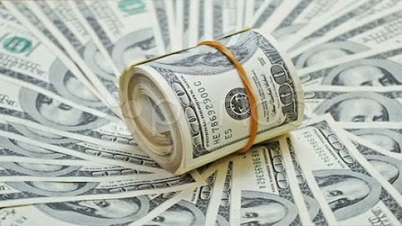
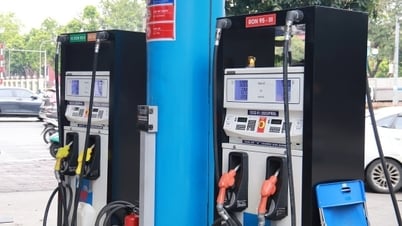





















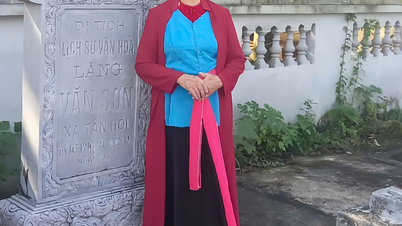















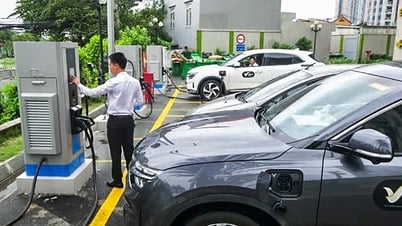









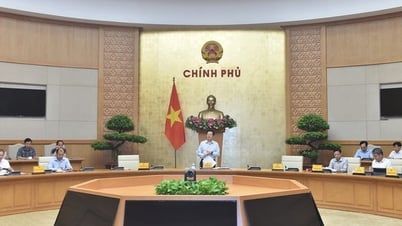


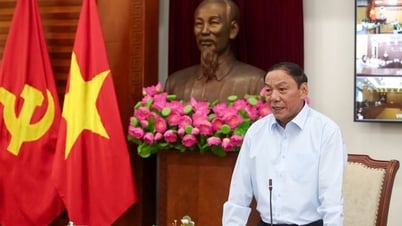
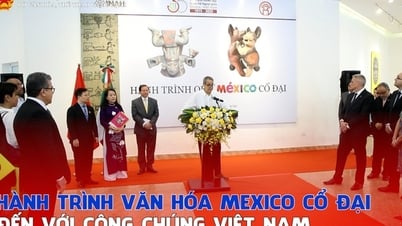
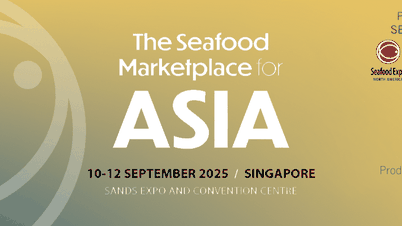









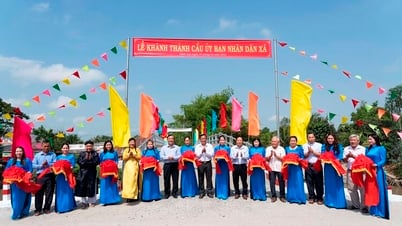





![[Podcast] Week introducing more than 500 OCOP products in Hanoi](https://vphoto.vietnam.vn/thumb/402x226/vietnam/resource/IMAGE/2025/5/22/d144aac2416744718388dbae3260e7fd)





Comment (0)